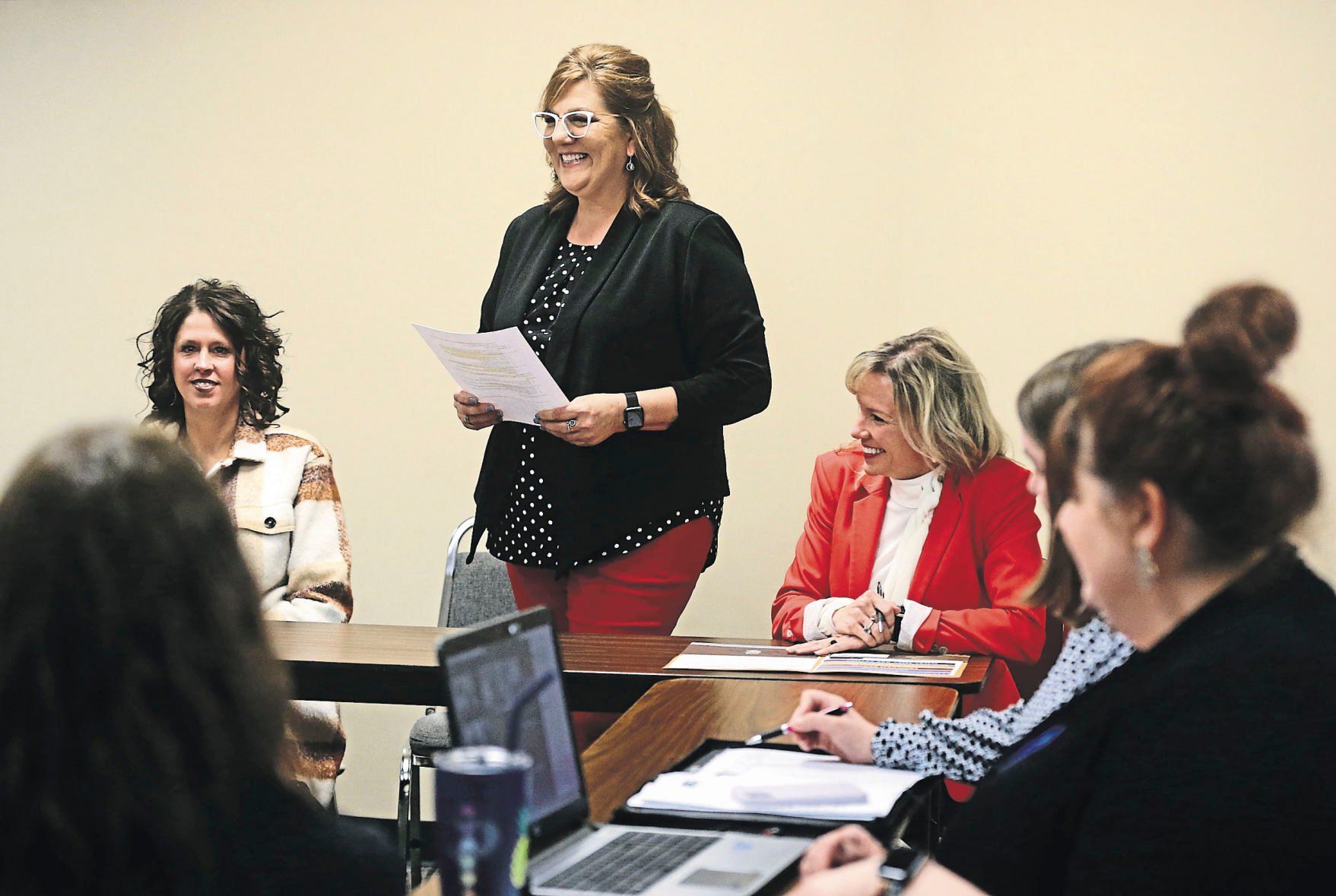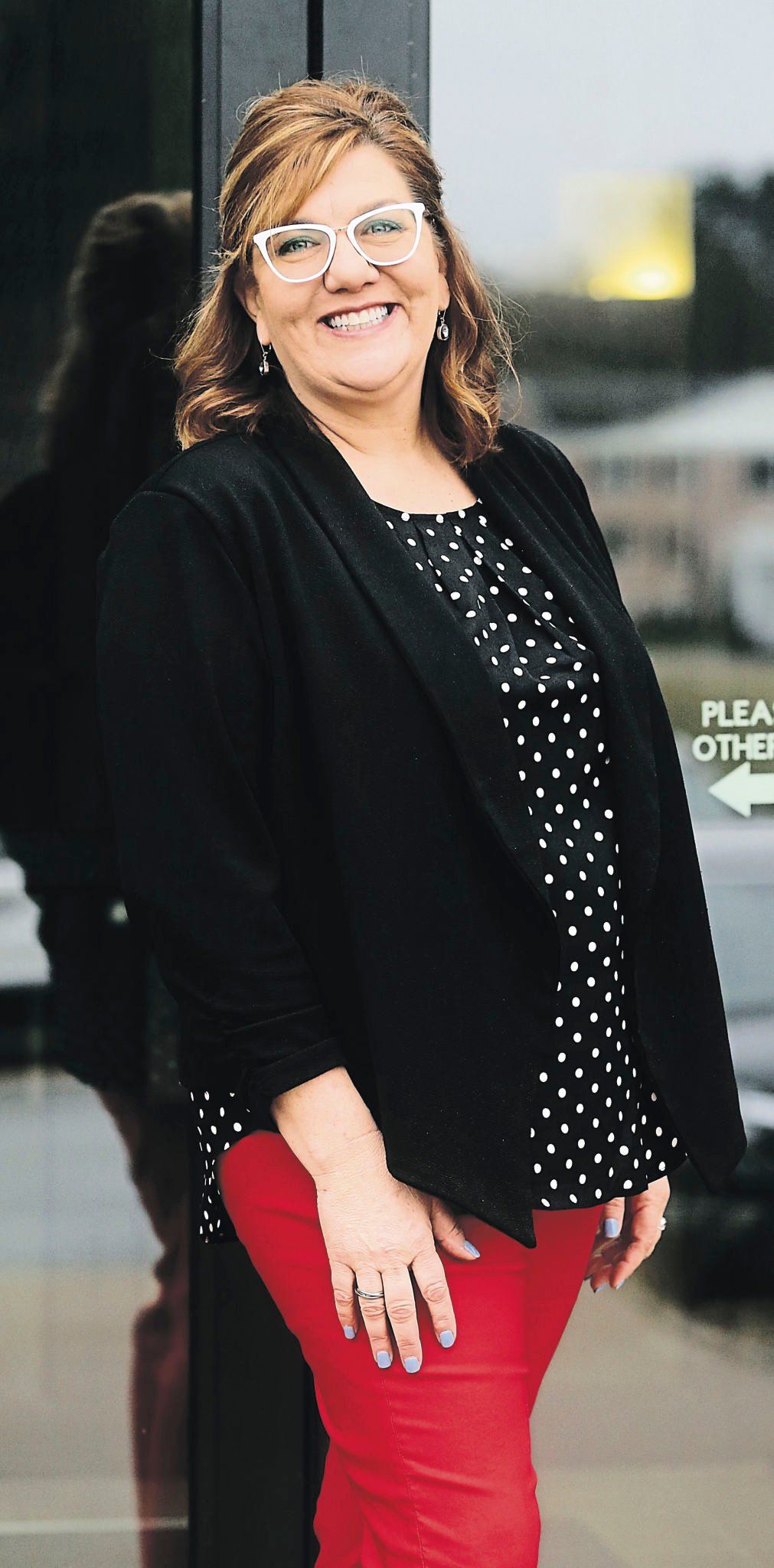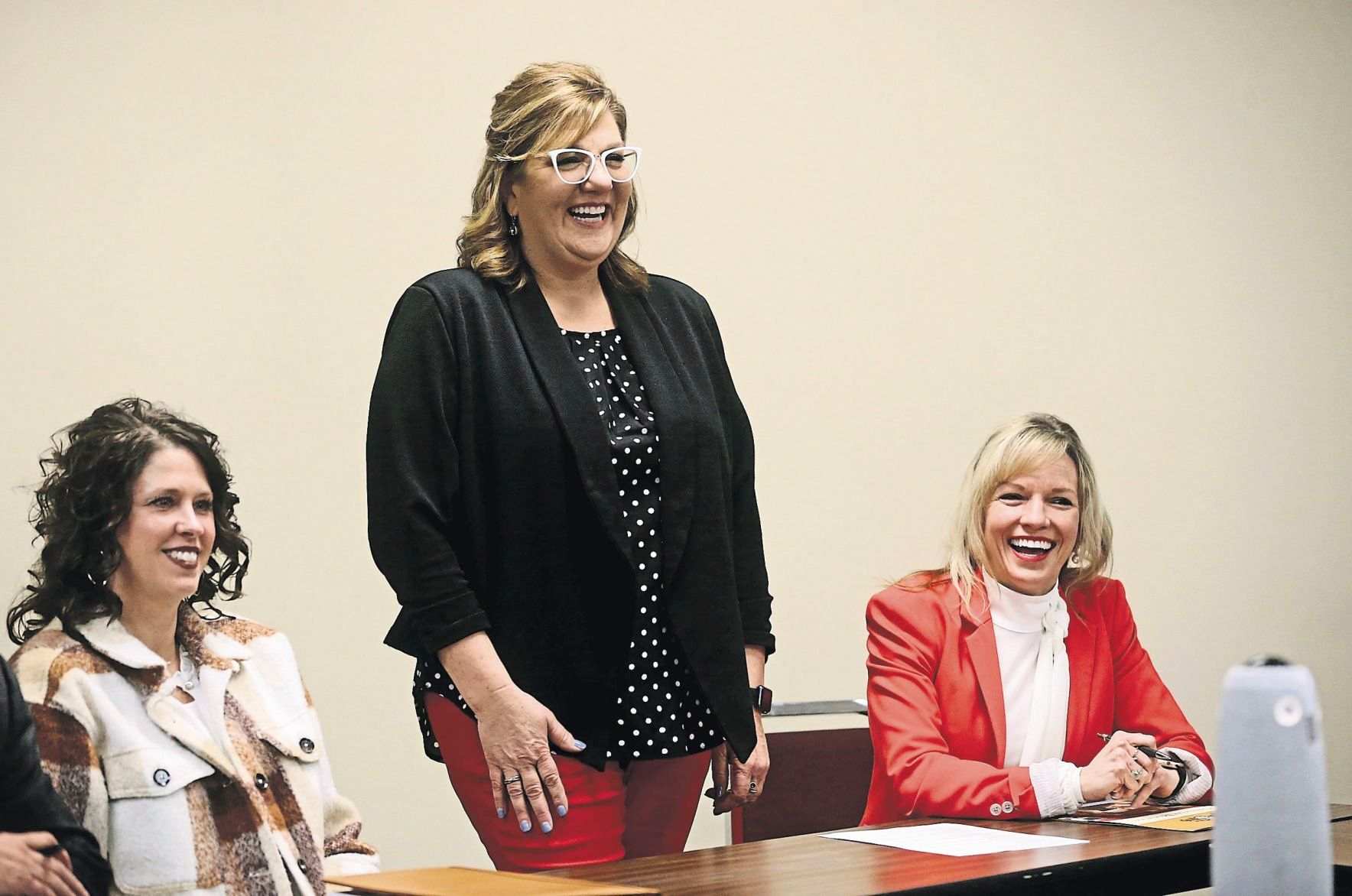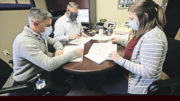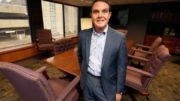Danielle Leibfried, President/CEO
United Way of Dubuque Area Tri-States
Danielle Leibfried grew up in the suburbs of Potosi, Wis., (Tennyson) and later majored in psychology and criminal justice at the University of Wisconsin-Platteville.
She has lived and worked in nonprofits in the Dubuque area for nearly 28 years and always has had some involvement in roles supporting families facing poverty, adversity and/or trauma.
Previously, she was employed by Four Oaks for 20 years and served as the regional director, overseeing several services they provide including prevention services and juvenile justice programming.
Through the years, Leibfried has been very engaged in early childhood and prevention services and has trained hundreds of staff across the U.S. about the importance of screening for domestic violence, working with families with trauma and on building community collaborations.
Leibfried has two daughters, Mara and Camryn, who are almost 25 and 23 respectively, and she is grateful they live and work in Dubuque. She continues to do some contracted work across Iowa as a trainer and as a program reviewer for the Iowa Family Support Network. Leibfried is on the board of United Ways of Iowa and serves as the treasurer. She participates in Rotary and Women’s Leadership Network.
In her free time, she fully embraces relaxing by spending time with family and friends, cooking, being outdoors, music, traveling and stacking great books on her nightstand that she wants to read at some point. She has benefited from many volunteer experiences through the years, such as mentoring youth and delivering food for the Dubuque Area Labor Harvest.
Can you name a person who has had a tremendous impact on you as a leader?
I am fortunate enough to have several strong female family members, friends and coworkers who have been very inspirational to me through the years, but I think the most tremendous impact on my leadership has been from the direct service work I’ve done in my career.
Working with families facing poverty and other adversities that many of us can’t imagine, who were willing to take a risk and share parts of their life with me, has truly been a blessing. Seeing some of these families face hardships with such strength and resiliency is what drives me to keep going on even the hardest of days. I can see the faces of parents who lost children to suicide; women who have had to move states away to escape abuse from a partner; parents who never give up on advocating for their children’s brain health, even though they hit dead ends every day; families who pursue access to employment and health care, navigating cultures and languages that they are just learning; parents who are making tough choices every day about whether to pay for food, rent, gas or medication, and feeling exhausted with the emotional toll this plays.
These are the people who have been truly inspirational to me as a leader as they have taught me so much and yet I’m sure they have no idea of the impact they have had on my life.
What are the most important decisions you make as a leader of your organization? I believe the people you choose to surround yourself with — both in those you employ and those you find to volunteer or partner with — are crucial to your organization’s success.
I find it energizing in our network to have a variety of people with different backgrounds, skills and even different personality styles, because it makes the collective so much better. I know if I need perspective or don’t have a strength with a specific skill, I can find someone in our network who does, and that makes us great.
If I was only surrounded by people like me, we would have a lot of desk mess and people communicating with random strangers to make friends, which sounds a lot like the comments about me I received on my middle school report cards.
As an organization gets larger, there can be a tendency for the “institution” to dampen the “inspiration.” How do you keep this from happening? I would say working in the nonprofit sector, it’s ingrained in us that we must stay connected to our mission to keep doing what we do, and flexibility and teamwork are required for success. People working in nonprofits stay in the field when they believe in the mission of their organization and the good that comes from it, not because of the paycheck, the hours they work or the glamour associated with the specific job duties.
Part of keeping inspiration alive, no matter the size of the organization, is caring about the people you work with and for, both personally and professionally. We ask of lot of those working in the nonprofit sector and unless you’re a part of that network, you don’t realize the emotional toll it can take to give so much of yourself, day in and day out.
It’s important that we create a culture that acknowledges that and allows time for supporting one another and celebrating our successes when we can. There are things that really can bring you down so sometimes you have to really hold onto a success that you felt awhile back or a celebration from a team member. This keeps us going.
Which is more important to your organization — mission, core values or vision? Clearly all three of these are important to an organization’s success. However, vision is the path you have set for your organization to see and feel success.
Simply put, if you’re don’t know where you’re headed, you won’t know if you got there. I’ve always embraced the philosophy of asking “How can we make this better?” and to do that you have to keep looking down the road to whatever that might look like.
What is one characteristic that you believe every leader should possess? It’s been important to me as a leader (and as a human) not to take myself so seriously and to try and find ways that help me find balance. Although it’s not always easy and sometimes I don’t do as well as I wish in this area, this is how I’ve managed to stay engaged in the work I do through the years, without succumbing to the emotional drain I can sometimes feel.
I have found that for myself, I’m a better leader, mom and person when I have that balance in my life. That usually means I need to find time to relax with my people, to have fun and laugh, to take walks, or listen to some good tunes, to name a few things. All of this helps put me in a good head space where I can be my best self for whomever I’m around. Even my dog appreciates it when I’m more positive, focused and present in the moment.
What advice do you have for future leaders? I have found growth as a leader when I have pushed myself to do things outside of my comfort zone and I would encourage others to consider that as well. It’s a great way to keep learning about yourself which is important to not stay stagnant.
By pushing myself to try new things, I have built my skills and confidence, I’ve met new and interesting people, and I’ve made (lots of) mistakes that I’ve learned from. I’ve also found things that don’t fuel my fire so I can choose to spend less time in that space, if possible, and instead direct my time and energy to activities that are better suited for me to be successful.
What lessons can leaders take away from the current pandemic? Leaders in our community have truly embraced collaboration in many new ways during the pandemic. They really have come together to address community needs in a systemic way, to get creative around filling employment and skills gaps, and more people than ever have seen and embraced brain health as a real issue that impacts all sectors of our community.
It’s unfortunate that so many more are struggling with brain health issues, but I’m grateful for the attention placed on it. You aren’t inspired to create change if you don’t have the opportunity to see the problem that needs to be addressed. Brain health is personal to me as it’s impacted so many who are close to me, and I don’t want anyone to feel they are alone with these struggles.
What are two or three of the best things about being a leader? The greatest thing about being a leader is knowing the good we have brought to people in our community. I’m talking about both the collective good of impacting the overall community to make it stronger but also the individual good, thinking of specific people finding a meal, shelter, or learning a new skill that can afford them to capacity to be self-sufficient.
Another great thing about being a leader in this community is the people I have met and those I have yet to meet, because I know you’re out there — call me.


